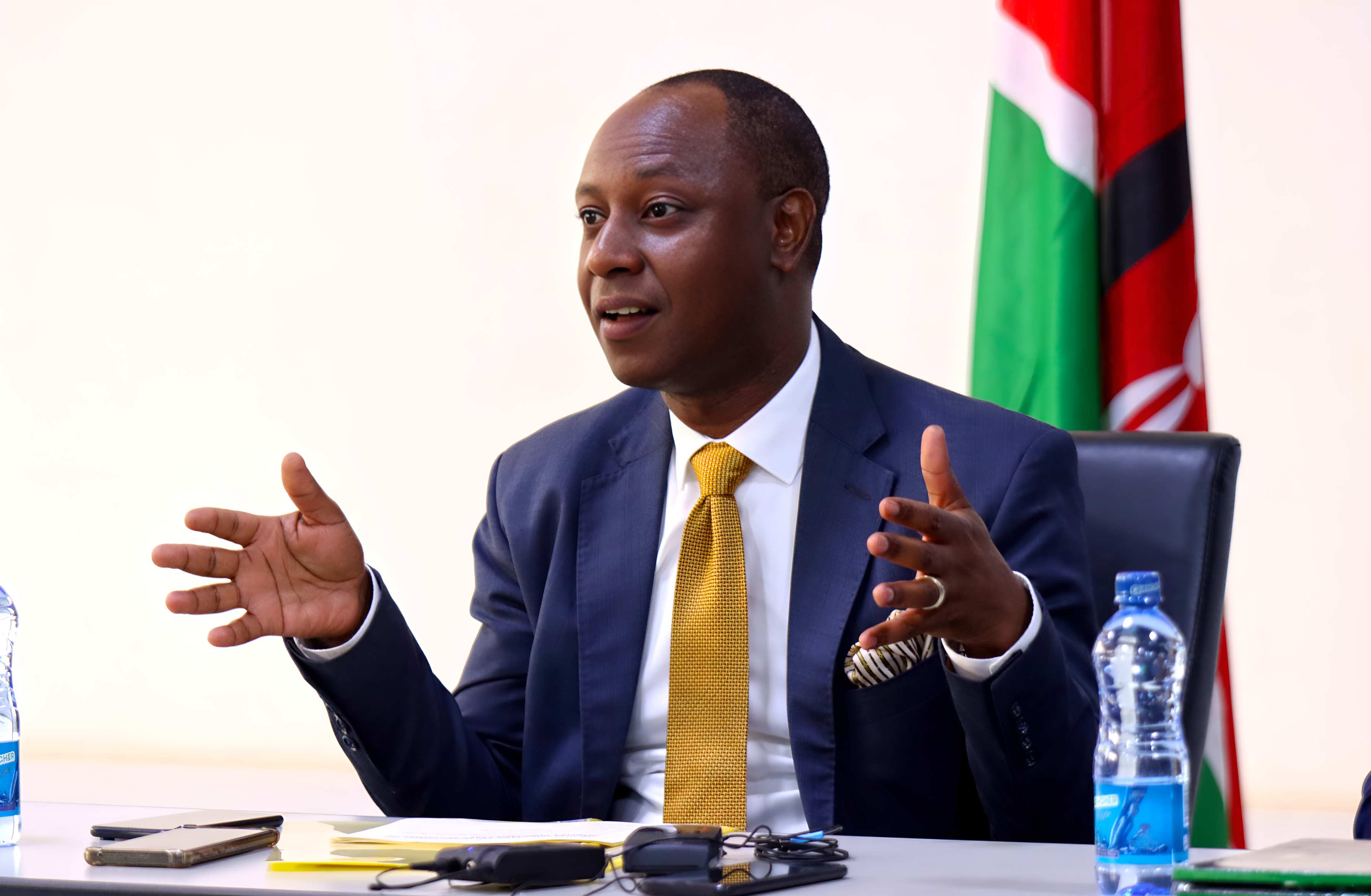Livestock sector faces funding crisis

The current funding levels are too low to support key projects and complete ongoing ones.
The State Department of Livestock Development has appealed to the National Assembly Committee on Agriculture and Livestock for an increased budget allocation for the 2025/2026 financial year, warning that current funding levels are too low to support key projects and complete ongoing ones.
Presenting before the Committee chaired by Dr. John Mutunga this morning, the department’s Principal Secretary, Jonathan Mueke, said their approved budget stands at about Sh10 billion, split between Sh5.07 billion for recurrent expenses and Sh4.92 billion for development.
However, this falls far short of the department’s total needs, which amount to over 29.5 billion shillings.
This includes nearly Sh6.8 billion for recurrent costs and over Sh22.7 billion for development projects.
"This budget cuts have led to a shortfall of Sh1.7 billion for recurrent expenditure and Sh17.8 billion for development expenditure. The shortfall will negatively affect the implementation of the key mandate as well as delays in projects completion timelines," PS Mueke stated.
"The State Department requests for intervention of this Committee in enhancing ceiling for effective delivery of the planned activities."
He highlighted several projects at risk, such as the completion of the Livestock Master Plan, distribution of milk coolers through the Livestock Value Chain Support Project, and capacity building for players in the hides and skins value chain.
In response, Dr. Mutunga promised the Committee would strive to secure more funds but urged the department to use their current allocations efficiently.
"We should also come together and deliberate on how to make the State Department come out of this pitfall," he said.
Concerns were raised about the effectiveness of past projects, especially regarding milk coolers distributed in counties.
Committee Vice-Chairperson Brighton Yegon questioned why the department had not followed up on the obsolete coolers, which farmers avoided due to high generator costs.
"The new milk coolers that are set to be distributed will be solar-powered to address the issue of high cost of maintaining the generated powered ones," PS Mueke agreed and said.
He added that an internal auditor would verify infrastructure before distributing new equipment to prevent waste.
Further, MP Patrick Osero emphasized the importance of the Livestock Master Plan, calling for its continuation despite challenges.
On the issue of the newly created Livestock Marketing Board lacking funds, PS Mueke confirmed they had requested funds to make the Board operational but had not yet received any allocation.
